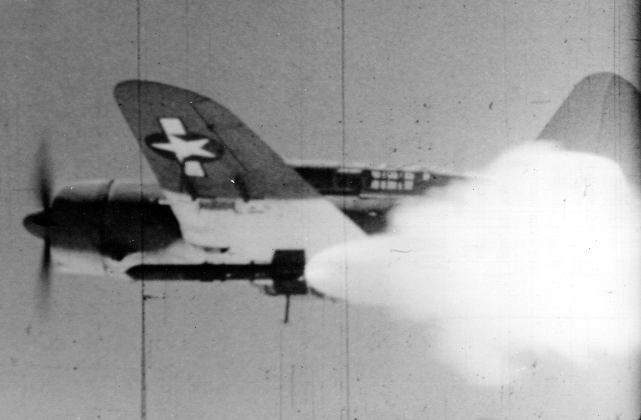[Tuttle found himself literally in the middle of the long pre-planned great Japanese counter-attack on Kyushu.]
This was no frenzied banzai charge. The Japanese moved quickly, but fought from cover and applied combined arms to reduce our hasty defenses and keep American units moving backward. It was all by the book, right from the latest war college papers* [*I had a lot of time to read on Okinawa].
Progress for the Japanese was terribly expensive. Their vehicles were easy prey to the growing variety of field guns packed by U.S. infantry. Long range naval fire was not an option for us with the Japs intermingled among American forces, but the destroyers which had come in close yesterday had positioned themselves to put direct line-of-sight fire on key roads and passes. In one surreal scene a Japanese tank commander brought his team of four tanks into a side-by-side line just a mile from the beach. They began to fire on the destroyer John C. Butler. The destroyer lined up her 5 inch guns and dueled mano a mano with the armored squadron. The destroyer won.
The latest kamikazes had only a limited impact, but one of their successes was to hit the destroyer Heerman, just once but low near the water line. The Heerman, no stranger to a tough fight, beached herself to keep from sinking and kept up fire support against targets on land.
American planes raged through the sky all day. Many of them went up with oversize rockets built for crushing hardened concrete bunkers deep under many feet of rock. I saw first hand one of those giant rockets slam into a Jap tank, practically re-smelting the entire steel monster, redistributing its constituent elements back into the earth from which they came.
Troops on Japanese trucks soon learned they were also priority targets. They quickly dismounted, by choice or by explosive force. The Japanese attack eventually slowed to a foot soldier’s pace. They kept coming though, merely tightening the focus of the attack. They were driving right through the middle of the 98th Division, the least experienced large unit in the invasion, whether they knew it or not.
My particular platoon of the 98th eventually made it back to a low long hill one mile in from the beach, where the 391st Regiment had regrouped to set up a fighting line. The acting commander, by that point a Lieutenant Colonel, had thought we were long lost and had set up the line without us. We were sent all the way back to the short dikes by the beach – right where we were supposed to have landed – to be the true last line of defense.

